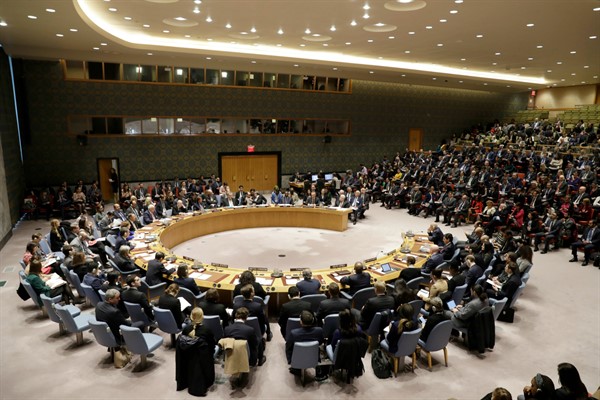Over the past three months, world leaders struggling with the coronavirus pandemic have no doubt felt a little bit like pilots in the cockpit of an airplane that is malfunctioning and losing altitude quickly. They have tried to remain calm and act fast, despite not always knowing what exactly is wrong. They’ve called controllers on the ground for help and advice, flipped switches and checked internal systems, all the while reassuring anxious passengers.
Despite some severe turbulence and initial failures, most leaders have avoided a crash landing. With varying degrees of success, they are managing their way through the first wave of the pandemic, flattening the curve city by city. But this is by no means a satisfactory response.
Nature has no concern for nationalism or national boundaries, a fact that the novel coronavirus has ruthlessly exploited. The only way out of this crisis is a fully coordinated global response that addresses the root causes of the pandemic while mitigating both the immediate health impacts and the longer-term economic repercussions.

